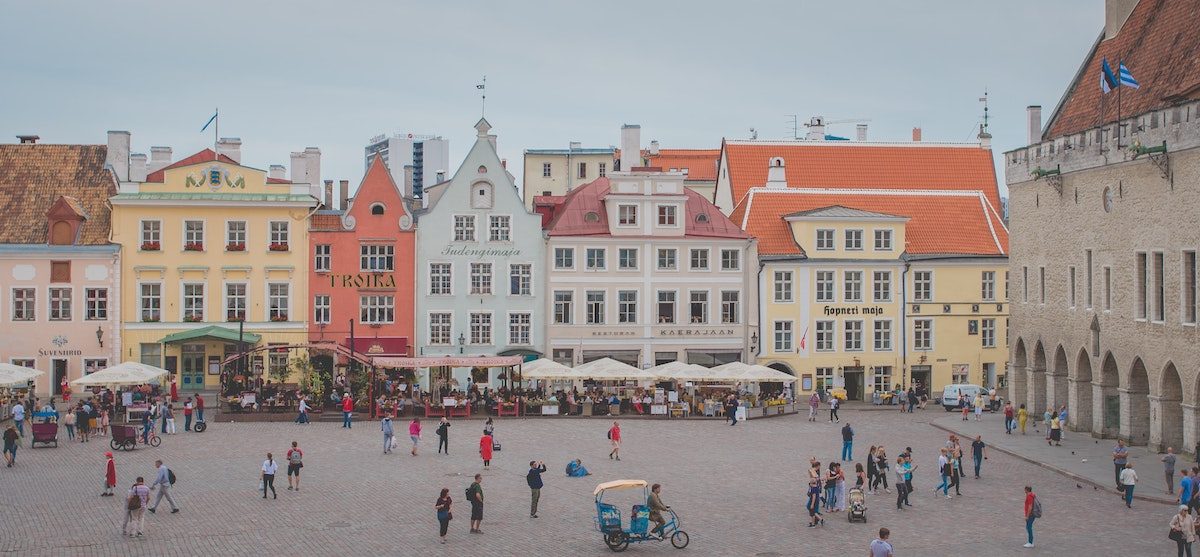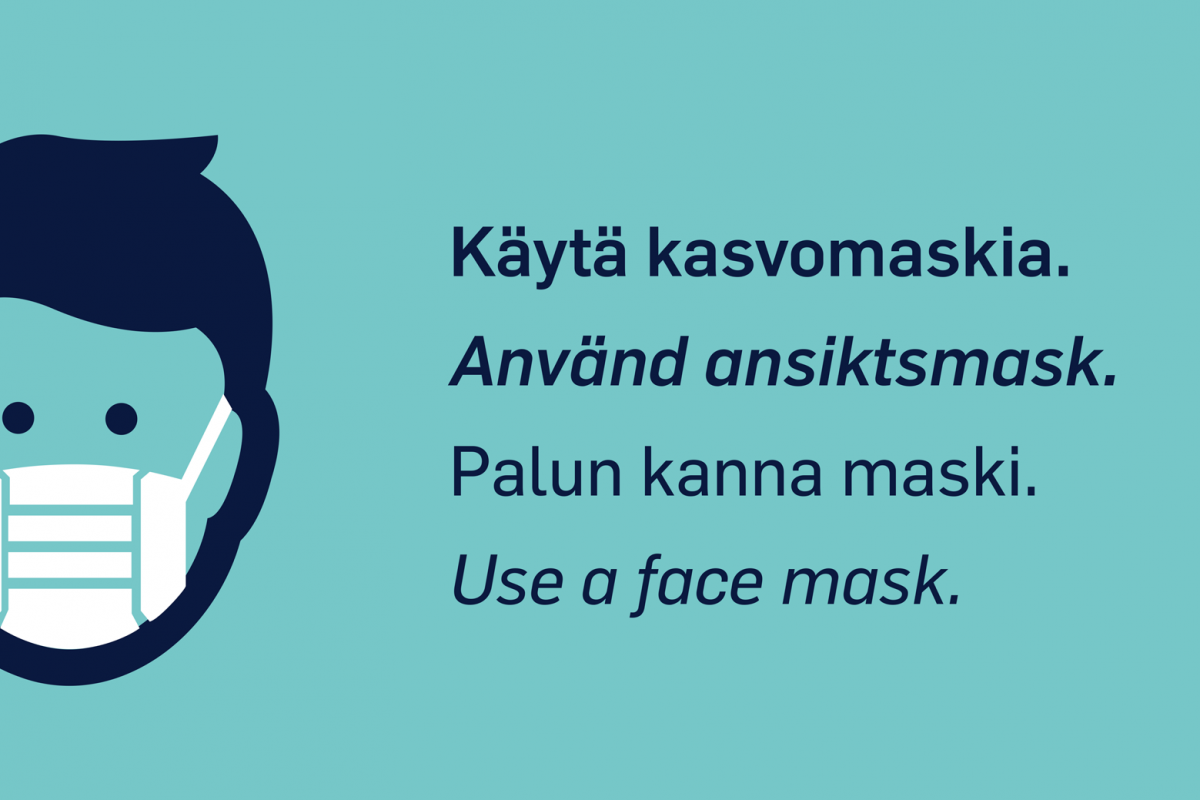Translation, migration, and democracy: Managing multilingual access to information in the greater Helsinki area and in Tallinn
This project analyzes the policies and practices guiding the translation of information targeted at migrant populations in the major cities of the Greater Helsinki Area (Helsinki, Espoo, and Vantaa) and the city of Tallinn in Estonia, as well as the dissemination of translated information for migrant workers in selected companies and institutions of higher learning in these regions.
The project combines the theories and methodologies of functionalist and sociological translation studies and critical approaches to linguistics. Multilingualism constitutes a challenge to democracy: the language barrier prevents many migrants from having the opportunity to be involved in social, cultural, and political life and to operate as members of their local communities and the society as a whole.
Translation policy is an important tool to promote the integration of migrants. Today, translated information is readily available on websites and social media. However, the COVID-19 crisis has shown that all migrants do not use the information or have access to it. The exact reasons why the information does not reach all the end users are not known. This brings to the fore the need to do a thorough analysis of the guiding principles, implementation, and effectiveness of current translation policies and practices in migration contexts.
We approach translation as a practice of governmentality and power production that allows the participation of migrants but can lead to inadvertent inequalities and discriminations. We analyze the texts providing the foundations for current translation policies, a sample of translated texts, and the online environments in which the translations are disseminated. In addition, we interview persons who take part in the different phases of design, implementation, and consumption of translation policies and practices.
The goal is to propose solutions in cooperation with the stakeholders in order to improve the quality of translation policies and practices.
Funding and duration of the project
The project “Translation, migration, and democracy: Managing multilingual access to information in the greater Helsinki area and in Tallinn” has received funding from the Kone Foundation in its 2021 call for proposals. In this round, Kone Foundation received a total of 6,319 applications, of which 342 were funded.
The awarded grant was part of the new funding programme “Is Democracy Eroding?” under the theme of “Language, Power and Democracy”.
This project has a duration of three years and will be implemented between 2022-2025.
Team
University of Helsinki
Simo K. Määttä (Project Leader)
Tuija Kinnunen
Päivi Kuusi
Tallinn University
Tanya Escudero (Partner)





